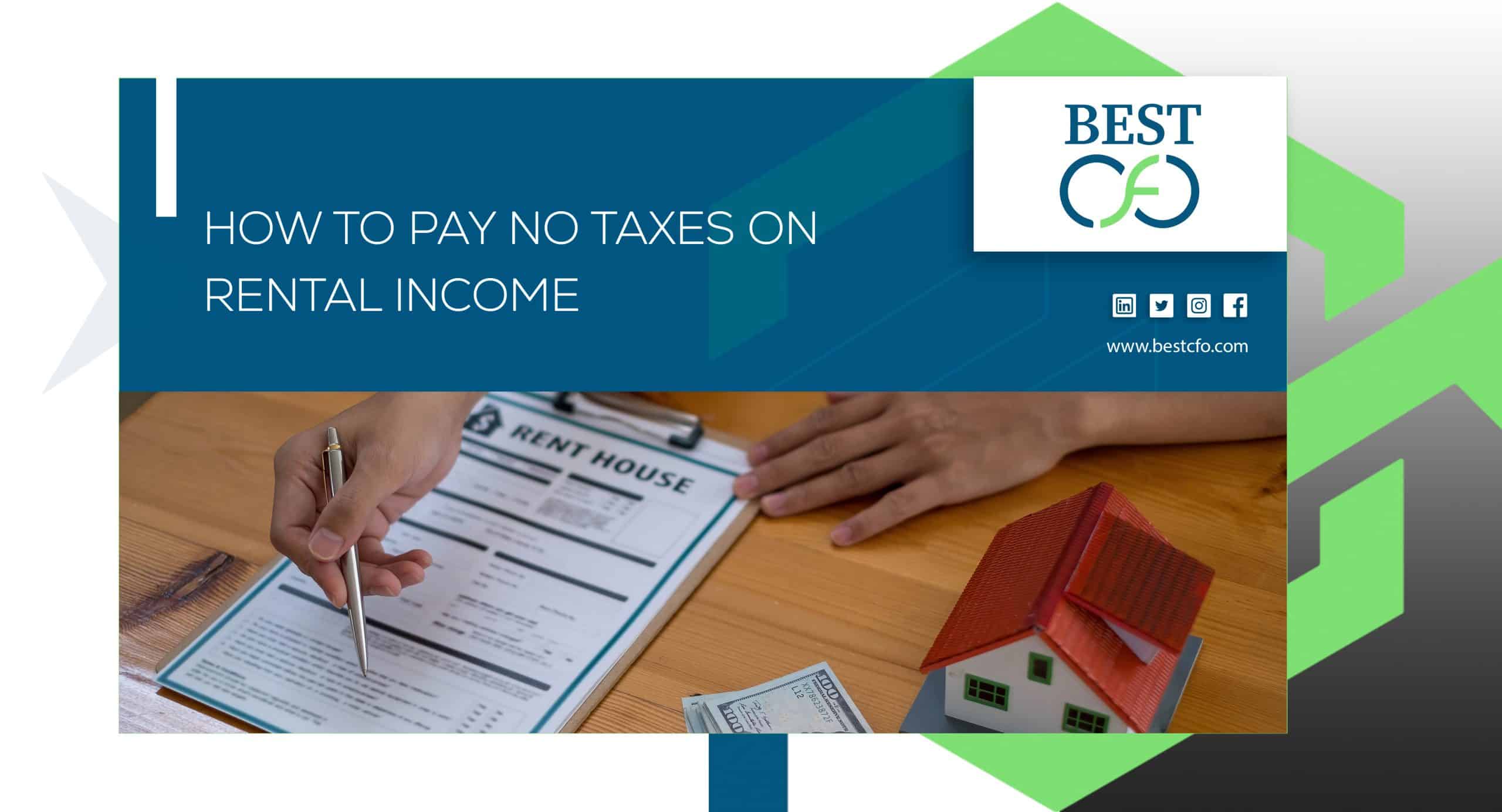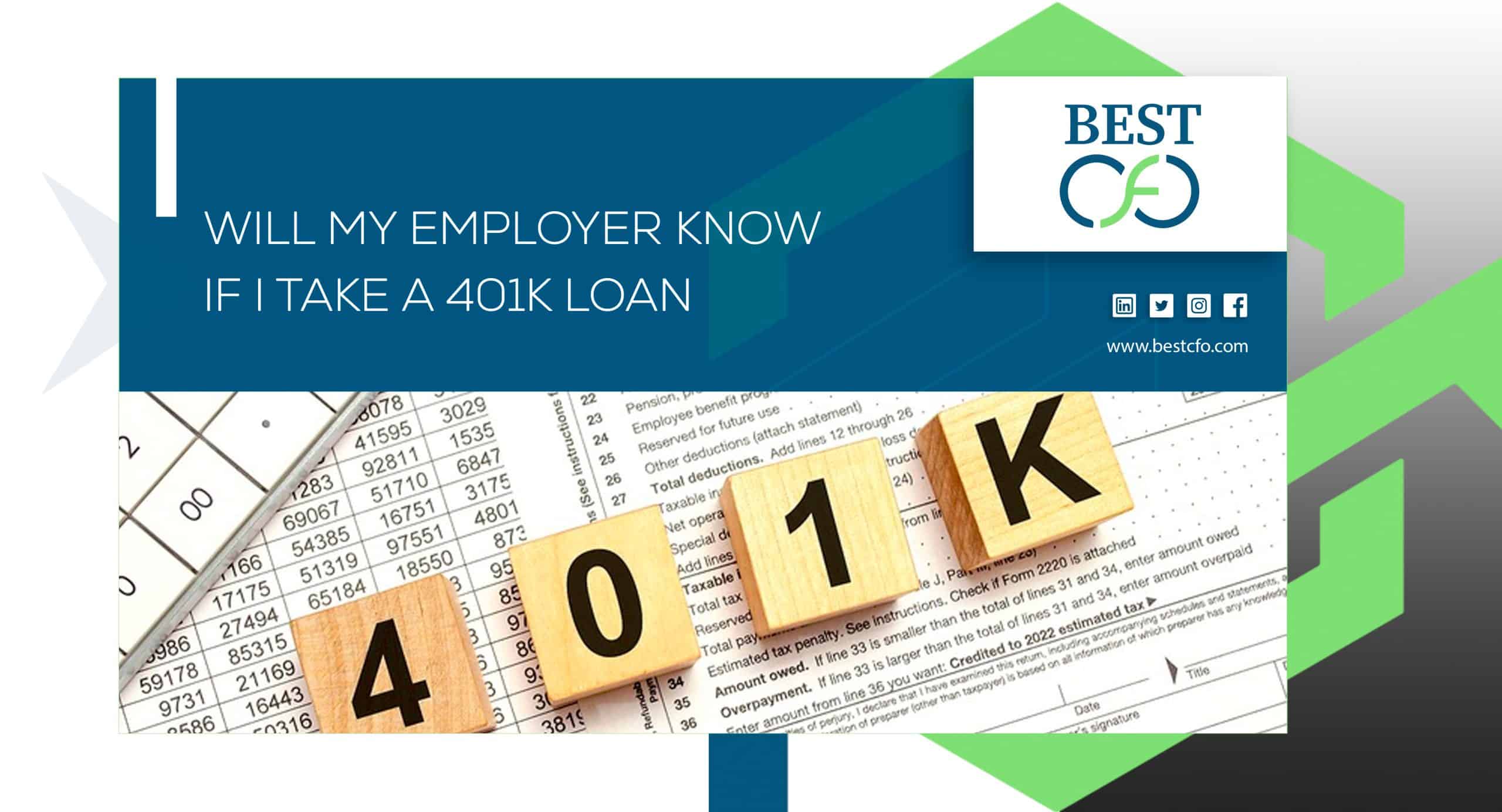
|
Getting your Trinity Audio player ready...
|
How to Pay No Taxes on Rental Income? The Right Strategy
The biggest concern of a landlord is the tax on rental income. Rental Income is an excellent way to build health, buy multiple houses, rent them out, receive monthly paychecks, sounds good right? As good as it may sound, it comes with taxation to the IRS on the rental income you are receiving, but yes there is a but there are some legal tax strategies that can minimize your rental property tax, and if the right strategy is followed in some cases there is NO tax at all!
By understanding rental real estate tax laws and using good tax strategies, you can reduce your taxable rental income and retain more money.
Here, we’ll take you through all the steps to reduce or eliminate tax on rental income and how to defer capital gains taxes when selling a property.
Is Rental Income Taxable?
Short answer: yes, rental income is taxable, and it’s taxed in the exact year you have received it. However, using the right strategies, you can reduce your rental income tax.
How to Reduce or Eliminate Taxes on Rental Income
If you are a landlord looking for techniques to lower your rental income tax, you should follow these strategies to take the most tax advantages possible.
1. Deducting Rental Property Expenses
One of the most used and best way to lower your taxable rental income is by deducting rental property expenses. The IRS allows house owners to deduct various costs with maintaining their properties.
- Property taxes
- House interest
- Mortgage interest
- Maintenance
- Insurance
- Legal and other fees
2. Depreciation: A Powerful Tax Deduction
This is one of the biggest advantages of taxation for landlords. The IRS has allowed you to deduct the value of your property from time to time.
Residential rental properties, the IRS sets a schedule of 27.5 years for depreciation, that is you can deduct a portion of the property’s every year.
- Example:
If your rental property is worth $275,000, you can deduct $10,000 per year in depreciation. This significantly lowers your taxable income without reducing your actual cash flow.
3. Using the Pass-Through Deduction for Rental Income
Because of the Tax Cuts and Jobs Act (TCJA), landlords who qualify as real estate professionals or own rental property investments through a pass-through entity (LLC or partnership) can deduct up to 20% of their rental income.
So if your rental income is $50,000, you could easily deduct $10,000, lowering your overall tax burden.
4. Claiming Travel Expenses
If you usually travel a lot to manage your rental properties or handle your properties incomes, you may be able to deduct travel costs
- For the properties you have out of the country/state, you can deduce your airfare.
- If you are driving to pay your rent, you can deduce your mileage
- While driving or flying you can deduce your meals and fun activities costs.
These deductions can help minimize your rental property taxes and reduce income tax.
Reporting Rental Income on Your Tax Return
As a landlord, you must report rental income on your tax return and expenses on your tax return and this all will be done utilizing Schedule E (Form 1040)
How to report Rental Income and Expenses?
- In the year you are receiving your rent from your properties, report rental income to the IRS.
- As mentioned above, try to deduct all rental property expenses.
- Compute depreciation assets so you can lower your taxable rental income more.
- Most importantly, a wise choice that most landlords use is to hire a tax professional to help with all this stuff and can face the IRS for you.
By following this and reporting your income and expenses, you can legally reduce your income tax on your rental properties.

Common Mistakes Landlords Make That Increase Taxes
In compiling taxes makes mistakes in common but it can lead to penalties and even the most experienced landlords sometimes make mistakes and are unable to reduce their payable income tax from their rental income.
- Most of the time, they fail to deduct their expenses.
- Landlords sometimes fail to keep their accurate record of their payment and paychecks from their rental income source.
- Not reporting your rental income to the IRS properly causes painful penalties.
To make sure you don’t make these common mistakes and retain more money in your pocket, hiring out a tax professional is advised.
Hiring a Tax Professional for Rental Property Tax Planning
Dealing with rental property tax laws can be frustrating at times, and the process sometimes does become a little too complex if you don’t have the right strategy and knowledge.
Hiring a tax professional can help you in identifying tax deductions properly which results in reducing your taxable rental income tax.
A tax professional is familiar with the updated laws and they help you avoid IRS penalties so you don’t end up misreporting your rental income on your return, it also helps in developing a long-term tax strategy to minimize your tax liability. The chances of error reduce to 0 as these laws are not complicated in the eyes of a tax professional as its pretty obvious its his job.
FAQs About Paying No Taxes on Rental Income
Q: Can I legally avoid paying taxes on rental income?
Yes! By using tax deductions, depreciation, and deferring capital gains taxes, you can significantly reduce or eliminate your rental income tax obligations.
Q: Do I have to report rental income if I only rent my property occasionally?
Yes, you must report rental income if you rent your property for more than 14 days per year.
Q: What is the best way to lower my taxable rental income?
The best way to minimize your rental property taxes is to:
Deduct all eligible rental expenses
Claim depreciation
Take advantage of the pass-through deduction
Use a 1031 exchange to defer capital gains tax
Ending Thoughts on Minimizing Your Rental Property Tax
As discussed above its pretty obvious now that rental income is taxable, but smart strategies can help you reduce your tax and might even get it to ZERO! By understanding tax laws you can easily compile your taxes by going through legal procedures and if you hire a tax professional you don’t even need to face the IRS directly a third-party can easily help you in following the protocols and deducing your taxes.
-
Previous Post
Human Capital vs Physical Capital
-
Next Post
How to Pay No Taxes on Rental Income
Post a comment Cancel reply
Related Posts
Will My Employer Know If I Take a 401(k) Loan
What is the $1,000-a-month rule for retirement? For all citizens of U.S. who are nearing…
How to Pay No Taxes on Rental Income
What is the $1,000-a-month rule for retirement? For all citizens of U.S. who are nearing…
Human Capital vs Physical Capital
Understanding the difference between Human Capital vs Physical Capital Capital is any asset that is…
What is Stock Market & How to Invest
What is the stock market and how to invest: Top 10 reasons to start investing…
 Demos
Demos  Colors
Colors  Docs
Docs  Support
Support 










